The Best Guide to Lupus Medications That Will Help You Choose Wisely
Lupus Medication Consumer Guide
Reviewed by:
Dr. Diana Rangaves, PharmDLast Reviewed On:
Mar 01, 22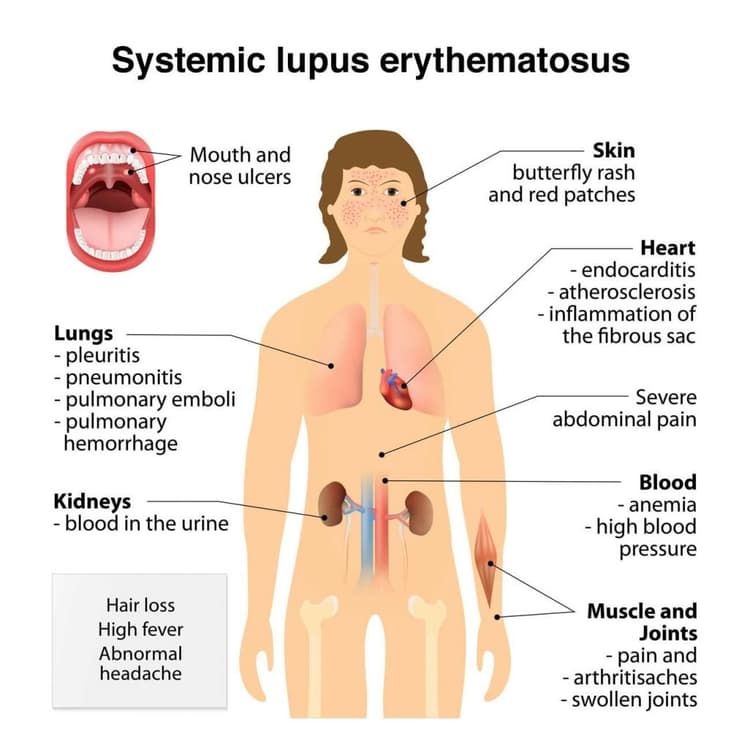
Lupus is a chronic, systemic autoimmune disease. Autoimmune diseases occur when the immune system gets confused and attacks healthy areas it has mistaken for bacteria or viruses.
Lupus can attack numerous areas of the body including organs, the eyes, the skin, and joints. These attacks manifest into various uncomfortable symptoms that can interfere with quality of life.
These symptoms include:
- Pain
- Fatigue
- Stiffness
- Discomfort
- Aching joints
- Inflammation
- Skin conditions
At times known as flare-ups, lupus is especially active and symptoms are high. Other times, the condition may temporarily back off, a period referred to as remission.
Although a cure has yet to be discovered, specific medications can help manage symptoms. The condition presents itself differently depending on the affected individual. It is essential to work with your doctor to determine a plan that is specifically catered to your concerns. The high number of medications can be overwhelming to research, but the list below provides a simple overview to help familiarize you with the options.
Here’s a comprehensive list of available medications for lupus along with links most lupus medication prices that will help you save up to 90% off U.S. retail prices.
Medications for Lupus
1.) Corticosteroids
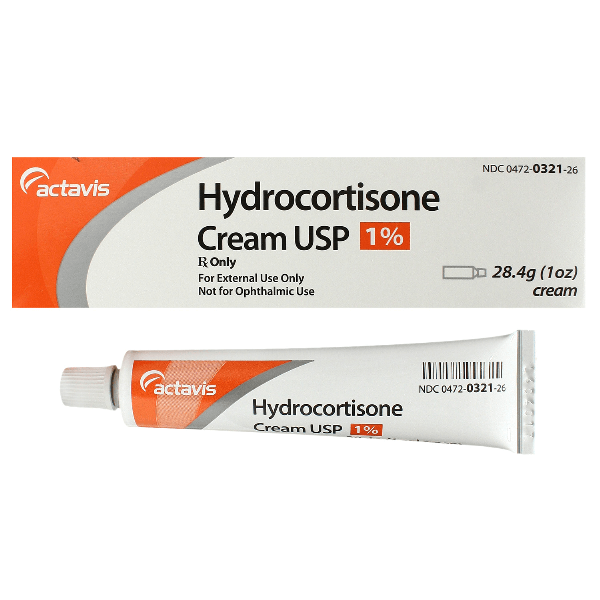
- cortisone (Cortone Acetate)
- prednisone (Rayos,Sterapred)
- hydrocortisone (Ala-Cort, Ala-Scalp HP, Aquanil-HC, Beta-HC, Caldecort, Cortaid, Cortaid-Maximum-Strength, Cortizone-5, Dermarest-Plus-Anti-Itch, Dermasorb HC, Dermtex HC, Gynecort Maximum Strength, Instacort, Itch-X Lotion, Locoid-Cream , Pandel, Pediaderm-HC, Recort-Plus, Sarnol-HC, Scalacort, Texacort, U-Cort, Westcort)
Although corticosteroids are usually an effective option, they do come with a risk of unwanted side effects such as:
- Acne
- Infections
- Irritability
- Osteoporosis
- Fluid retention
- Difficulty sleeping
- Increase in weight
Typically, steroids produce fairly quick results. Doctors can give short-term treatments to jump-start relief until long-term drugs kick. In an effort to reduce side effects, doctors aim to prescribe the smallest dose possible for the minimal amount of time.
2.) Nonsteroidal Anti-Inflammatory Drugs (NSAIDs)
NSAIDs, commonly used to treat headaches or fevers, are also used to treat the discomfort, inflammation, and stiffness associated with lupus. NSAIDs are available both over the counter or by prescription.
If lupus has caused kidney disease, a lower dosage may be required or NSAIDs may need to be avoided completely. Over the counter options for NSAIDs include:
- ibuprofen (Advil,Genpril,Midol IB,Motrin IB,Proprinal,Smart Sense Children’Ibuprofen)
- naproxen (Aleve, Anaprox, EC-Naprosyn, Flanax Pain Reliever, Leader Naproxen Sodium, Midol Extended Relief, Naprelan 375, Naprosyn)
- aspirin (Arthritis Pain, Ascriptin, Aspir 81, Aspir-Low, Bayer Childrens Aspirin, Bufferin Low Dose, Durlaza, Ecotrin, Ecpirin, Fasprin, Halfprin, Miniprin)
NSAIDs available by prescription include:
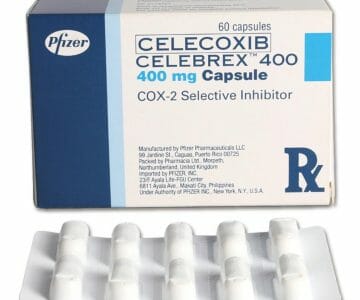
- sulindac (Clinoril)
- ketorolac ( Toradol )
- oxaprozin Daypro )
- diflunisal ( Dolobid )
- fenoprofen (Nalfon)
- celecoxib ( Celebrex )
- piroxicam Feldene )
- flurbiprofen ( Ansaid )
- abumetone Relafen )
- mefenamic acid (Ponstel)
- meclofenamate (Meclomen)
- meloxicam Mobic , Vivlodex
- etodolac , Lodine , Lodine XL
- indomethacin (Indocin, Indocin SR, Tivorbex)
- ketoprofen ec (Orudis, Ketoprofen SR , Oruvail CR , Actron)
- tolmetin (Tolmetin Sodium, Tolectin, Tolectin, Tolectin DS, Tolectin 600)
- diclofenac sr ( Cambia , Cataflam ), Dyloject, Voltaren , Voltaren SR , Zipsor, Zorvolex)
- salsalate (Disalcid, Salsitab, Salflex, Argesic-SA, Amigesic, Marthritic, Mono-Gesic, Anaflex)
- diclofenac/misoprostol , Arthrotec : Although misoprostol is technically not a NSAID, it is often prescribed in conjunction with them to prevent stomach ulcers, a common side effect of NSAIDs)
NSAIDs often cause side effects such as:
- Heartburn
- Upset stomach
- Stomach or intestine ulcers
- Bleeding in the stomach or intestines (This risk increases the longer NSAIDs are taken. To lower your chance of experiencing stomach problems, check with your doctor to find the gentlest option, consume food along with your NSAIDs, and do not take them prior to lying down or sleeping.)
3.) Additional Medication Options
Acetaminophen
Over the counter medications such as acetaminophen (Tylenol) can lead to a reduction in lupus symptoms by controlling pain. Typically, acetaminophen will produce fewer intestinal issues compared to prescription options. However, since it can contribute to liver and kidney issues, it is important to have a doctor help you determine the correct dose.
Opioids
In cases where NSAIDs or acetaminophen fail to alleviate pain, your doctor may prescribe an opioid. Considering these prescription pain medications are extremely potent and can be addictive, doctors usually refrain from using these drugs unless absolutely necessary. Opioids can cause sleepiness and should never be taken with alcohol. Examples of opioids include:
- codeine
- oxycodone
- hydrocodone
Tramadol (Ultram)
Another prescription pain medication is Tramadol (Ultram). It functions as both an opioid and an antidepressant and can help relieve short-term pain associated with lupus. As with other opioids, it can be addictive and cause drowsiness. It should never be taken with alcohol.
Disease-Modifying Anti-Rheumatic Drugs (DMARDs)
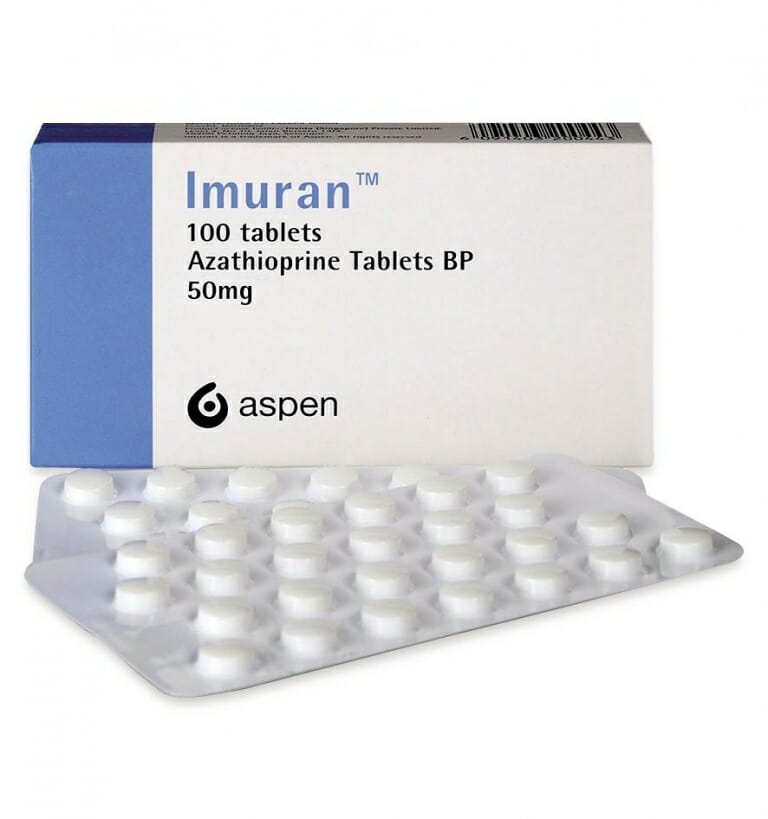
- azathioprine (Azasan, Plaquenil , Quineprox)
- Imuran
- hydroxychloroquine
- cyclosporine (Gengraf, Neoral , SandIMMUNE)
Antimalarials
Originally used for fighting malaria, these drugs lower the body’s production of auto-antibodies in order to reduce organ damage caused by lupus. DMARDS also reduce the symptoms of lupus.
Antimalarials can require several months for relief to take effect so doctors only prescribe these when other medications have failed. Typically, adverse effects are minor although antimalarials can cause vision changes in certain individuals.
When taking these drugs, a doctor will need to monitor your vision frequently. Examples of antimalarials include:
- chloroquine Aralen , used off-label
- hydroxychloroquine Plaquenil , Quineprox
The off-label use of Chloroquine simply means the FDA has approved this drug for other purposes but has yet to approve it specifically for treating lupus. A doctor may still choose to use this drug if it would be a good fit for your scenario.
BLyS-Specific Inhibitors or Monoclonal Antibodies (mABs)
Belimumab (Benlysta), a human monoclonal antibody used as a lupus treatment since 2011, treats symptoms by suppressing the body’s production of autoantibodies. This breakthrough medication was the first drug exclusively developed to treat lupus in 50 years. Although monoclonal antibodies have proven beneficial for lupus treatment, additional research is required to know how these drugs will perform in the long run.
Immunosuppressive Agents and Immune Modulators
In severe cases, immunosuppressive agents or immune modulators may be required to prohibit the immune system from overreacting. Examples of these drugs include:
- azathioprine Imuran
- mycophenolate mofetil CellCept
- methotrexate Rheumatrex , Trexall
- cyclophosphamide Cytoxan , Neosar, Cytoxan Lyophilized
If other drugs have failed to address your symptoms, your doctor may consider prescribing an immunosuppressive agent (although these drugs can cause severe side effects). Your doctor will monitor you closely for side effects during treatment if you require an immune modulator. These undesirable effects can include issues such as:
- Hair loss
- Liver damage
- Sensitivity to UV rays
- Higher risk of infections
- Infertility (in both males and females)
- Increased risk of developing certain types of cancer
Anticoagulants
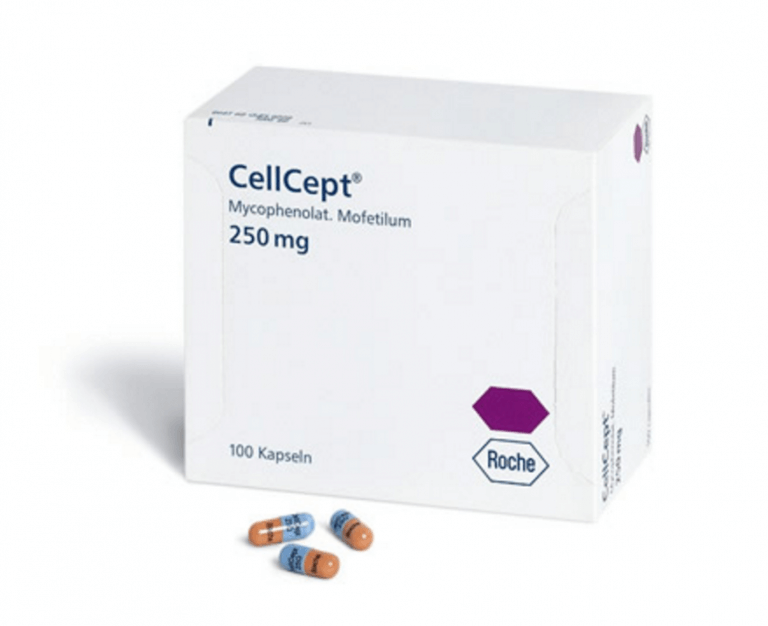
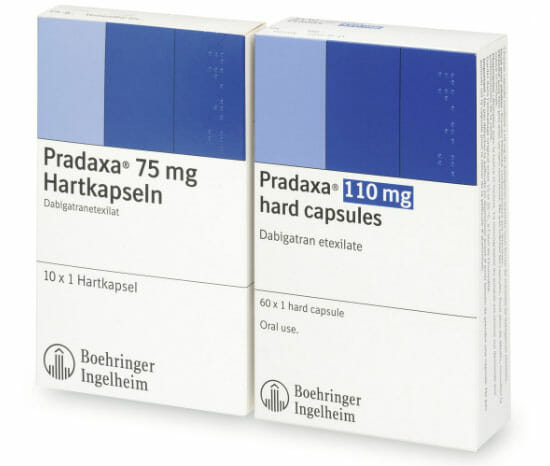
If you require an anticoagulant, your doctor will monitor you closely to ensure your blood does not thin out too much. Examples of blood thinners include:
- low-dose aspirin
- Eliquis
- edoxaban (Savaysa)
- dabigatran Pradaxa
- Xarelto
- arfarin , Coumadin , Jantoven
- heparin (Calciparine, Heparin Lock Flush , Heparin Sodium , Liquaemin)
4.) Form a Plan With Your Doctor
Considering the wide range of medications available for managing lupus and the different purposes and potential side effects of each one, it is crucial to discuss all of the options with your doctor. By working closely with your doctor, he or she can create a custom plan for addressing your specific symptoms and concerns and achieving the best outcome.
Join Our Free Newsletter
Get a weekly dose of money-saving tips on your medications, drug side effects alerts, drug interaction warnings, free prescription coupons, late-breaking safety information and much, much more!